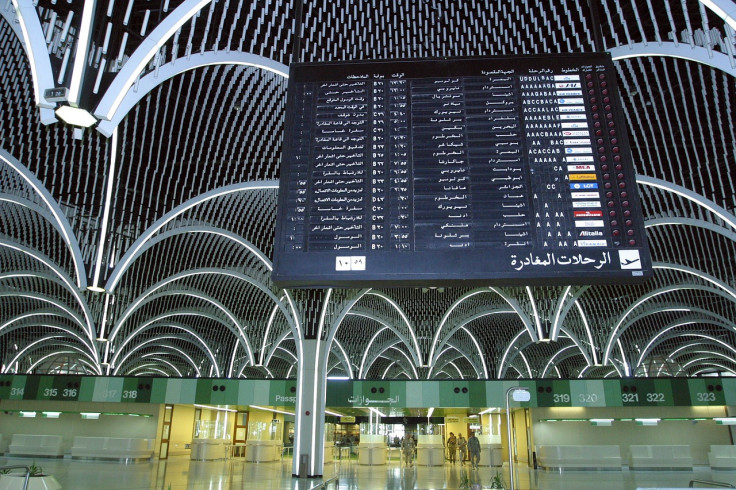Iraq's Political Stability Leading to Renewed Interest from Investors
Earlier this month, Iraq's parliament finally approved a long-awaited record $153bn three-year budget, which sets aside funding for major infrastructure projects, improvements to public services, and job creation.
The announcement comes following a year of political turmoil which paralysed the government and led to mass resignation of parliamentarians from a populist movement. The appointment of Mohammed Shia' al-Sudani as prime minister in October 2022, a long-time civil servant and considered a capable administrator, has helped to unite the multitude of parties behind him.

At its heart, Prime Minister Mohammed Shia' al-Sudani's budget wants to rebuild and expand the country's infrastructure, with the centrepiece being the ambitious 1,200km Development Road that will link Asia with Europe, helping to shorten maritime transit times from 33 to 15 days.
The project symbolises the current administration's vision for Iraq to propel itself forward to benefit its citizens following decades of relative suffering fuelled by war and uncertainty.
Furthermore, the project aims to improve public service delivery and create tens of thousands of public sector jobs. It is hoped that foreign investors will flock to the country to further catalyse economic growth.
According to the World Bank, over 15 percent of Iraq's population remains unemployed, an issue Mohammed Shia' al-Sudani wishes to tackle head-on. In a country where almost a fifth of the population are aged between the ages of 18-24, it is this group that are most likely to face entrenched unemployment.
Al-Sudani is the first Iraqi prime minister to have lived continuously in the country since the 2003 war and served as human rights minister between 2010 and 2014. Regional commentators are hopeful that this record in government gives him a better understanding of the plight of ordinary Iraqis.
Despite some questions raised about the budget from the likes of the International Monetary Fund (IMF), others consider this a necessity given the fractious nature of politics in Iraq. Rend Al-Rahim, president of the Iraq Foundation argues that al-Sudani's focus on providing better public services and more jobs, despite increasing the state sector, 'is likely worth the gamble'. This will help to build a much needed 'popular backing' to steady the country politically, allowing time for Iraq to rehabilitate itself after years of conflict and violence.
Since assuming office last October, al-Sudani has made progress in rooting out corruption, rebuilding relations with its neighbours, and growing the economy.
Following an official visit from the Emir of Qatar, Sheikh Tamim bin Hamad al-Thani in the middle of June, Doha announced its intention to invest $5bn in a 'number of sectors' in Iraq over the coming years. The news followed a previous large-scale investment by QatarEnergies in a large gas project operated between the Iraqi government and France's TotalEnergies worth $27bn.
Since the visit's conclusion, three Qatari companies have agreed to develop $9.5bn worth of projects in the country in partnership with Iraq's National Investment Commission. Further deals were also struck with Doha-based Estithmar Holding worth $7bn to manage hospitals, to develop two new cities and to build a series of hotels.
Iraq's energy sector alone is attracting significant interest from major global energy players including ExxonMobil, BP and Royal Dutch Shell, building on existing projects run by the likes of TotalEnergies.
Home to the world's fifth-largest proven oil reserves and twelfth-largest gas reserves, there have also been some concerns over Baghdad's approach to sustainable development. Despite this, an official Iraqi delegation is expected to attend the upcoming COP28 Summit in Dubai later this year. Further, the country is taking firm steps to pursue a growth strategy which utilises renewable energy, an area al-Sudani has personally expressed a clear interest in.
Such investments are manifesting due to a sharp turn in direction under the new prime minister designed to open-up Iraq to foreign investors and strengthen relations with close partners.
Iraq is pursuing a pathway of development mimicking that of close regional neighbours who have seen such a strategy achieve a great deal of success and international recognition. There is hope that Iraqis are beginning to experience what effective government looks like, which is focused on job creation and public service improvement.




















